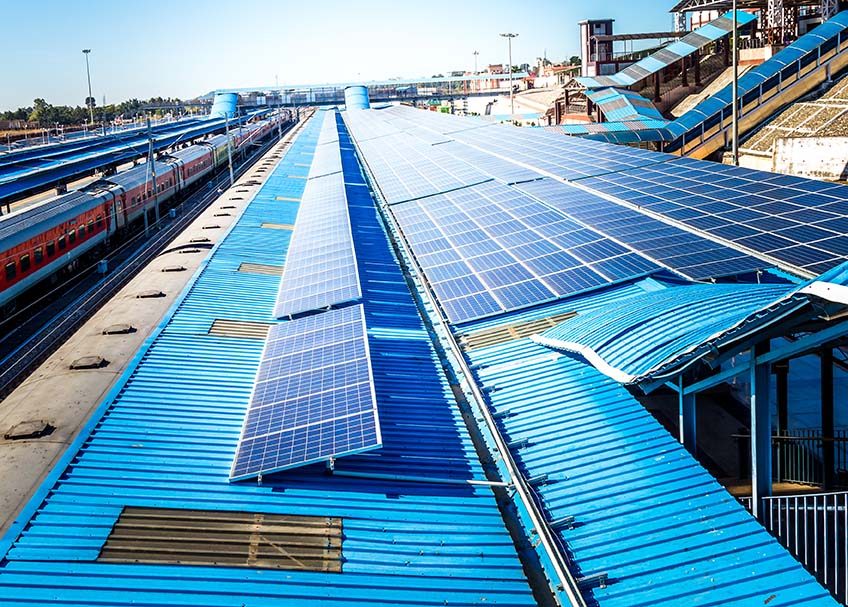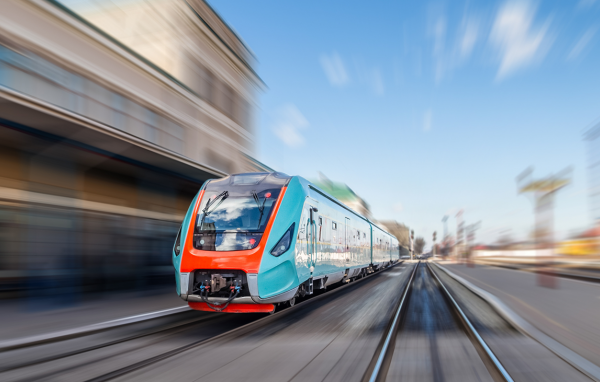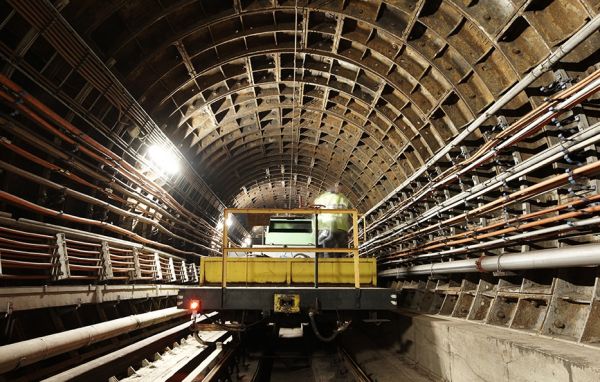Railway sustainability supported by approved cable products
How can you ensure the cables you are using maximise efficiency through performance, and reduce environmental impact? Read on to learn why third party approved cable products can help support sustainable solutions in the railway sector.
The sustainable supply of energy is essential for the future of railway networks. Cable products are integral to this, transporting essential power and data to their relevant applications. Whether that be rolling stock, signalling equipment or, station and track infrastructures.
Climate change is affecting countries around the world, impacting air quality and causing harmful effects to both urban and rural locations. This widely recognised issue has resulted in many governments, including the United Kingdom, committing to reducing their carbon dioxide emissions to reach net zero by 2050. As part of the plan to reach this goal, the UK Government’s 10 point plan includes the elimination of diesel only trains in its rail network by 2040. To reach this target, the expansion of electrification within the railway industry is required, which is heavily reliant on cable products that are safe, efficient, and durable to support long-term operations.
Sustainable solutions
In the efforts to meet the net zero emissions target, the railway industry is introducing new innovations and technologies, which rely on the distribution of power and data through cabling networks. For instance, battery powered railway maintenance vehicles that are completely emission free are now undergoing trials to help achieve a sustainable low carbon future. Such vehicles require electrical charge to regain power and operate efficiently, which is where reliable cable products play a crucial role in transmitting electricity. It is important to ensure, also, that the cable products have been thoroughly tested to assess characteristics such as conductor resistance and the ability to withstand changing temperatures to ensure they are fit for purpose.
Other initiatives include the use of renewable energy generation sources, such as solar, to provide power to support electrified railway routes. Transporting the energy generated by the solar panels requires a robust cabling structure than can safely convert and transmit power to the railway network with minimal losses. Cables should adhere to recognised standards to evidence quality and conformity. Undertaking an independent, complete cable assessment with certification experts, such as BASEC, ensures cable products have been rigorously tested under a variety of conditions including fire, electric, chemical, and mechanical configuration to safeguard operations.

High speed infrastructure
The implementation of high speed railway projects is central to providing efficient connection services both nationally and internationally. Modern rolling stocks require cables that demonstrate characteristics in relation to high levels of safety, bandwidth to support reliable transmission of signals and resistance to current flow.
Demand is also high for cables to evidence fire performance characteristics, particularly within areas such as rolling stock, public train stations and tunnels. Cables, that have been independently tested and approved for fire performance, must continue to operate in the event of a fire without impacting flame spread. This in turn helps to minimise potentially devastating damage to the railway network and surrounding environments. In using verified cables that meet cabling standards such as EN 50382 and BS EN 50306, proof of testing conducted to evidence fire performance characteristics can be demonstrated, ensuring high levels of quality are met.
Key takeaways
Specifying railway cable products that have been independently tested and verified for characteristics required by the railway network provides peace of mind that they will function as intended. Approved cables support the efficient and safe supply of power to sustainable technologies and solutions.
New innovations rely on cables to provide reliable power and data connections throughout the infrastructure. Ensure your applications are safe, choose BASEC approved cables to safeguard your railway projects.
To find out more download your free railway cable testing and certification guide below.




